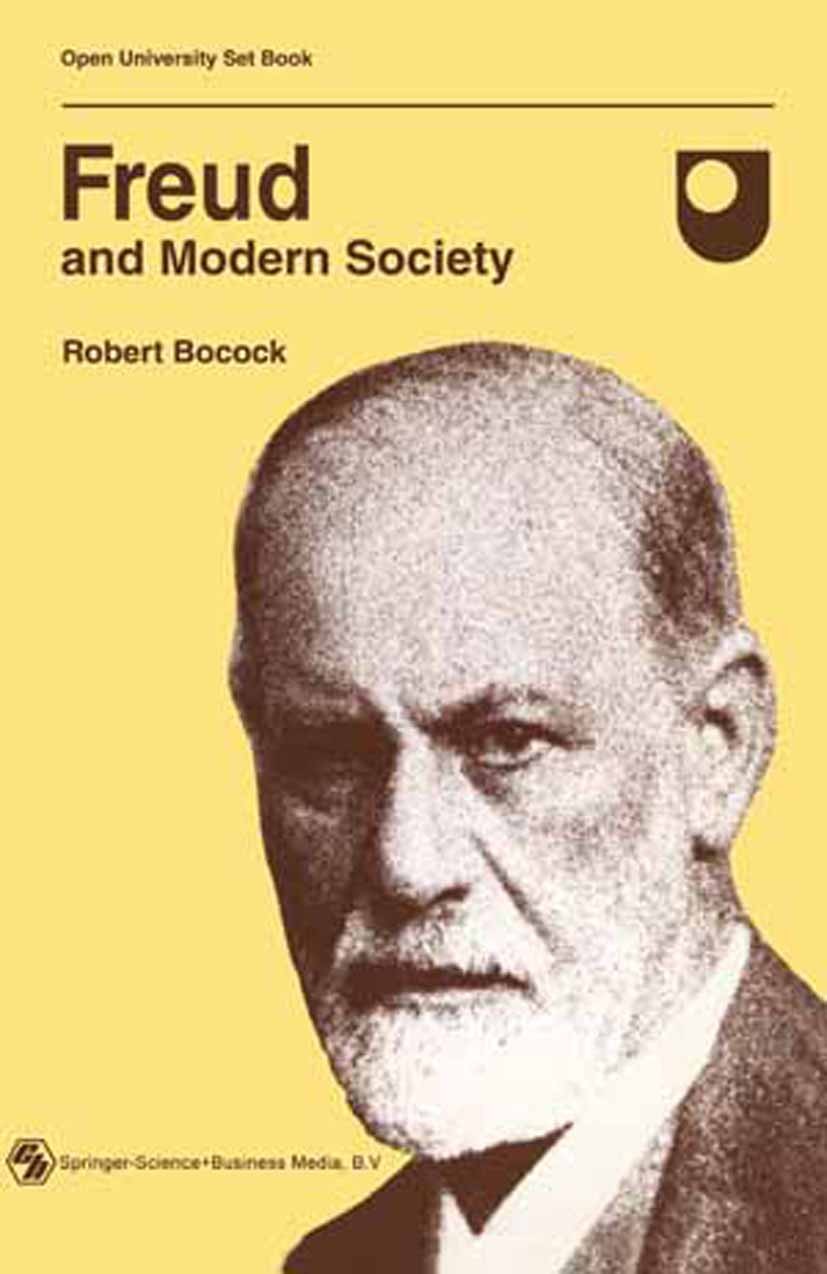| 书目名称 | Freud and Modern Society | | 副标题 | An outline and analy | | 编辑 | Robert Bocock | | 视频video | http://file.papertrans.cn/349/348271/348271.mp4 | | 图书封面 |  | | 描述 | by Ronald Fletcher To devote a volume to Freud in a series on ‘The Making of Sociology‘ might seem, to some readers, very strange. Freud, they might argue, was not only (and very explicitly) a psychologist, but also (and equally explicitly) a clinical psychologist, whose most immediate preoccupation was that of trying to cure the mental illnesses of his patients. Furthermore, he was a psychologist who insisted on relating his theories as closely as possible to biological and physiological facts. All this, of course, is true. But to adopt this view as one which distinctly marks Freud off from sociology is a basic mistake, and one which shows how sadly subjects which were once seen as being essentially interrelated have been forced into false separation by the current vogue of‘specialization‘-necessary and correct when it is soundly conceived, but intellectually disastrous when it is not. It is worthwhile to recall that all the major thinkers who contributed to the making of sociology-from Comte and Spencer to Ward, Giddings, Tonnies, Durkheim, Hobhouse, Weber, Simmel, Pareto (this could be a very long list I)-were, in fact, convinced about the close relationships between biology, ps | | 出版日期 | Book 1976 | | 关键词 | Evolution; Freud; Simmel; knowledge; nature; psychology; sociological theory; sociology | | 版次 | 1 | | doi | https://doi.org/10.1007/978-94-015-7364-1 | | isbn_softcover | 978-0-412-38450-9 | | isbn_ebook | 978-94-015-7364-1 | | copyright | Springer Science+Business Media Dordrecht 1976 |
The information of publication is updating

|
|
 |Archiver|手机版|小黑屋|
派博传思国际
( 京公网安备110108008328)
GMT+8, 2026-2-8 16:23
|Archiver|手机版|小黑屋|
派博传思国际
( 京公网安备110108008328)
GMT+8, 2026-2-8 16:23


